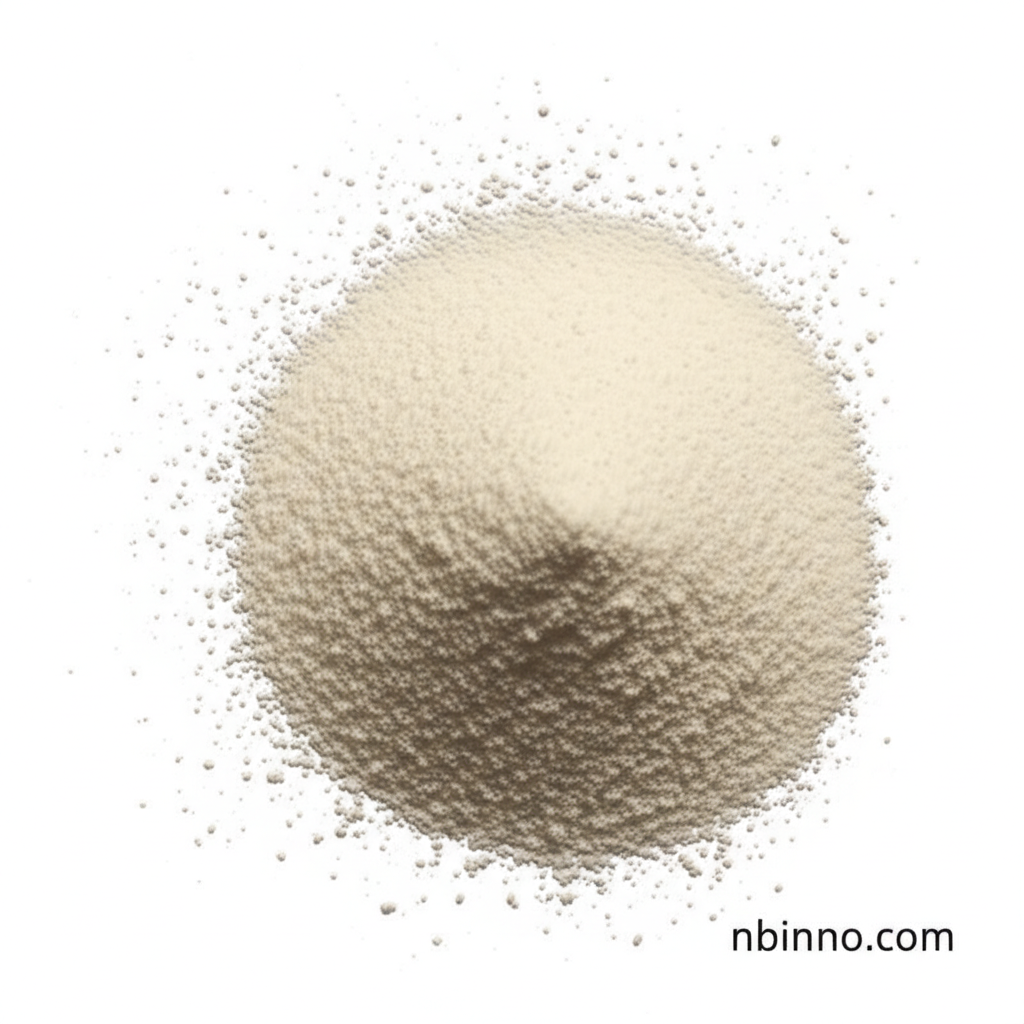N-(2-Amino-4,6-dichloro-5-pyrimidinyl)formamide: A Key Pharmaceutical Intermediate
Discover the synthesis, properties, and vital applications of this critical chemical building block in pharmaceutical manufacturing.
Get a Quote & SampleProduct Core Value

N-(2-Amino-4,6-dichloro-5-pyrimidinyl)formamide
This compound serves as a fundamental building block in the complex synthesis pathways of vital pharmaceutical agents, most notably as a key intermediate in the production of Abacavir, an essential medication for treating HIV. Its precise chemical structure and high purity are critical for ensuring the efficacy and safety of the final drug product.
- Leveraging N-(2-Amino-4,6-dichloro-5-pyrimidinyl)formamide applications in Abacavir synthesis contributes to the global supply of critical HIV treatments.
- The chemical synthesis of this dichloro pyrimidine derivative is meticulously controlled to achieve a purity of ≥98.0%, vital for pharmaceutical intermediates.
- Understanding the detailed N-(2-Amino-4,6-dichloro-5-pyrimidinyl)formamide synthesis process is crucial for quality assurance in pharmaceutical chemical manufacturing.
- The reliable sourcing of this intermediate supports efficient pharmaceutical intermediate manufacturing workflows.
Key Advantages
High Purity for Pharmaceutical Use
Ensuring a purity level of at least 98.0% makes this compound ideal for pharmaceutical applications, minimizing unwanted side reactions and guaranteeing the quality of the end API. This high purity is paramount when focusing on pharmaceutical intermediate manufacturing.
Crucial Role in Antiviral Synthesis
As a key intermediate for Abacavir, this chemical directly supports the production of life-saving antiviral drugs, highlighting its significance in the broader healthcare landscape. Exploring other chemical synthesis intermediates can reveal diverse applications.
Reliable Chemical Synthesis Intermediate
The well-documented synthesis pathways and availability of this dichloro pyrimidine derivative make it a reliable component in complex chemical synthesis, supporting consistent production outputs for manufacturers. This reliability is a core tenet of Abacavir intermediate manufacturing.
Key Applications
Pharmaceutical Intermediate
This compound is primarily utilized as a critical intermediate in the synthesis of Active Pharmaceutical Ingredients (APIs), most notably in the manufacturing of Abacavir, an important antiretroviral drug. The efficiency of N-(2-Amino-4,6-dichloro-5-pyrimidinyl)formamide applications is key.
Chemical Synthesis Building Block
Beyond its primary pharmaceutical role, it serves as a versatile building block in organic synthesis, allowing for the creation of various complex molecules and contributing to advancements in medicinal chemistry research and development.
Research and Development
Its specific chemical structure makes it valuable in research settings for exploring new drug candidates and developing novel synthesis methodologies for heterocyclic compounds. Understanding its uses can inform future research directions.
Quality Control Standards
Due to its established role in pharmaceutical production, it can also be used as a reference standard in quality control processes to ensure the identity and purity of related compounds and intermediates.
